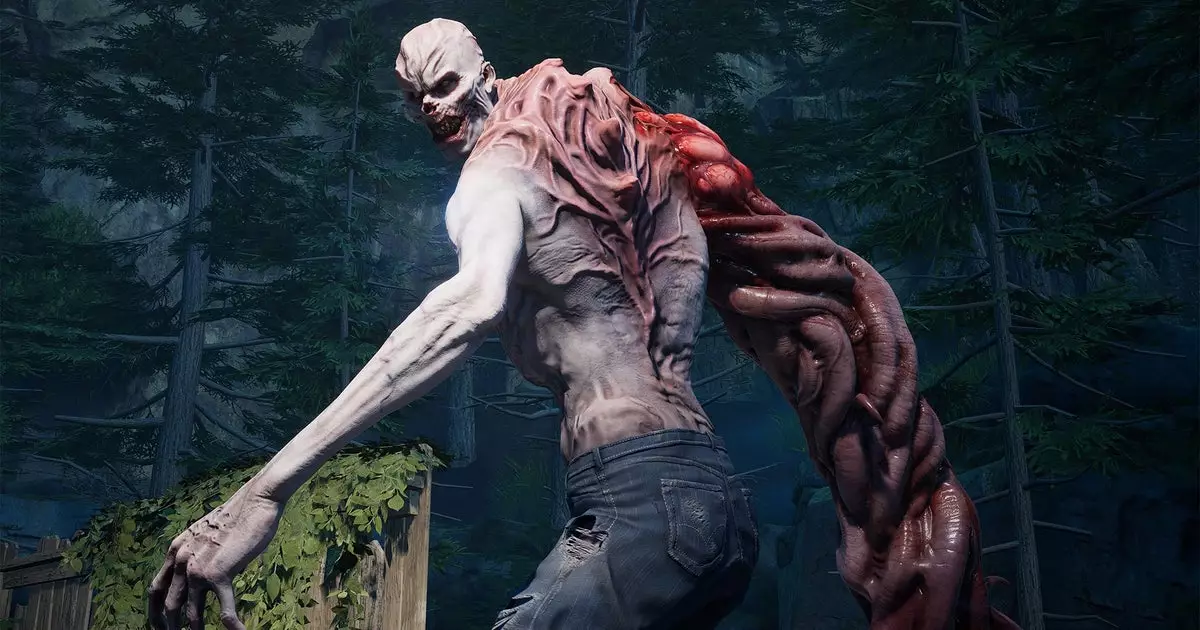As avid gamers, we often find ourselves caught between nostalgia for past titles and the evolving landscape of gaming. The recent whispers surrounding the development of a potential Back 4 Blood 2 have reignited a peculiar lament among fans, particularly those who hold a soft spot for Turtle Rock Studios’ earlier work, Evolve. Rather than just echoing the hopes and dreams for a sequel to the latter, it’s worth dissecting the merits and shortcomings of these titles and the expectations that accompany them.
The gaming community has a unique tendency to conjure up unsubstantiated hopes for sequels, often resulting in a divergence between what we desire and what is realistically achievable. Many discussions about Back 4 Blood 2 have transformed into a lamentation that is strangely premature, hinging on a rumor. Turtle Rock, known for their infectious creativity, could potentially be stepping into varied realms of gameplay. We see the excitement, yet one must question, is it warranted?
The community’s fixation on what the sequel to Back 4 Blood might entail obscures the broader picture—a narrative rich with innovation and the promise of new concepts. Evolve offers a fascinating precedent. In 2015, it introduced a fresh multiplayer experience, propelling players into a chaotic and strategic showdown where up to four hunters engage with a single monster in vast environments. The concept promised thrilling gameplay dynamics, yet what ensued highlighted deeper issues, such as a convoluted unlock system and a reliance on downloadable content that ultimately marred the experience.
Moving into its spiritual successor, Back 4 Blood, we witness a similar tale where aspirations surpassed delivery. In its essence, the game was intended to recapture the camaraderie and terror that characterized the original Left 4 Dead series. However, many players—including critics—expressed dissatisfaction, emphasizing how the experience veered toward unbalanced gameplay mechanics. Instead of a harmonious blend of tension and cooperation, players grappled with a barrage of overwhelming enemy encounters and the fatigue associated with excessive weapon customization.
The disappointment surrounding Back 4 Blood is more than feedback on a single game; it’s indicative of broader expectations for what a sequel should represent. Many gamers reminisce about the tight pacing and crafty level design seen in its predecessor. A sequel should ideally embrace innovation while retaining the core charm that fans have come to adore, something that Back 4 Blood’s more chaotic elements lacked.
What remains particularly haunting for fans is the yearning for Evolve to receive its due—a specialized, evolved sequel that captures the complex dance between predator and prey. The narrative of one against many, and the personal dynamics within the gameplay, provided an unparalleled thrill. Each match felt like a unique play of strategy and intuition, as players navigated vast maps while deploying tactics.
Imagining an evolved version of Evolve becomes an enticing thought experiment. If the developers could refine the gameplay loop, addressing concerns such as the grind associated with unlocks and the reliance on DLC, a sequel could flourish. In a landscape where asymmetrical multiplayer experiences are gaining traction, the potential for Turtle Rock to innovate remains intact.
In acknowledging the ongoing momentum of gaming development, we must entertain the notion of where Turtle Rock might steer its next project. Rather than merely anticipating back-to-back sequels to existing franchises, the gaming community would benefit from a commitment toward cultivating fresh content that explores untapped mechanics and storytelling.
In retrospect, while speculation about Back 4 Blood 2 is engaging, it must not overshadow the need for unique narratives and innovative gameplay that belong to games like Evolve. As an industry, we should leverage our communal aspirations to encourage developers to push boundaries rather than succumb to a nostalgia trap that only seeks to replicate past successes.
Ultimately, whether Turtle Rock decides to revive Evolve or forge ahead with a derivative of Back 4 Blood, the community demands greater creativity to transform these conversations into actionable gaming experiences. The future of asymmetrical multiplayer surely hangs in the balance, begging for an infusion of originality—an adventure beyond rehashed concepts. Evolve taught us the excitement derived from the unpredictable; now, it is time to embrace a new generation of ideas that could define the games of tomorrow.


Leave a Reply